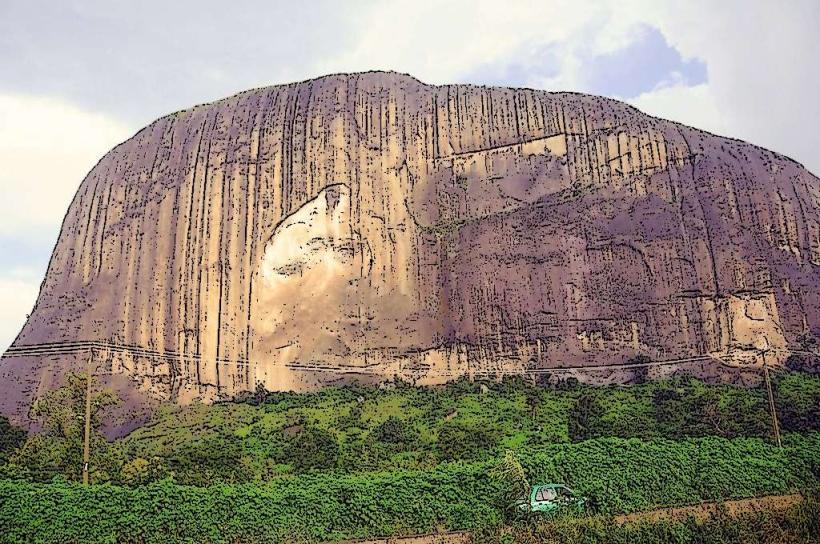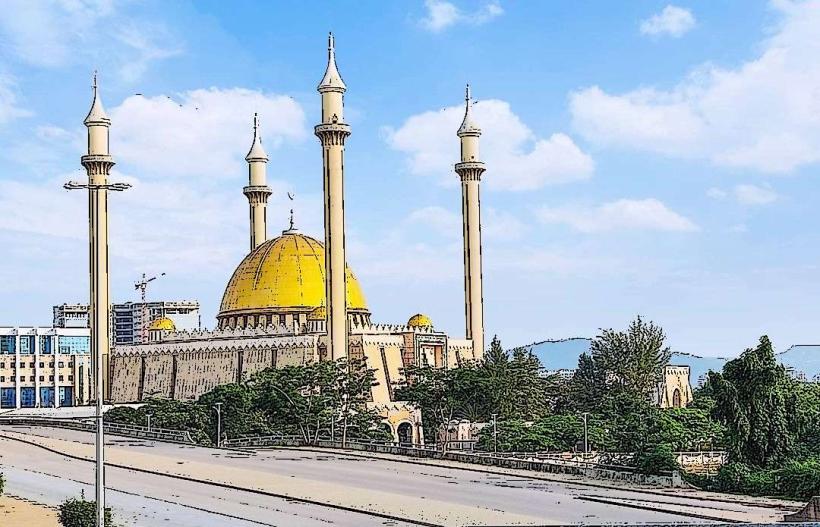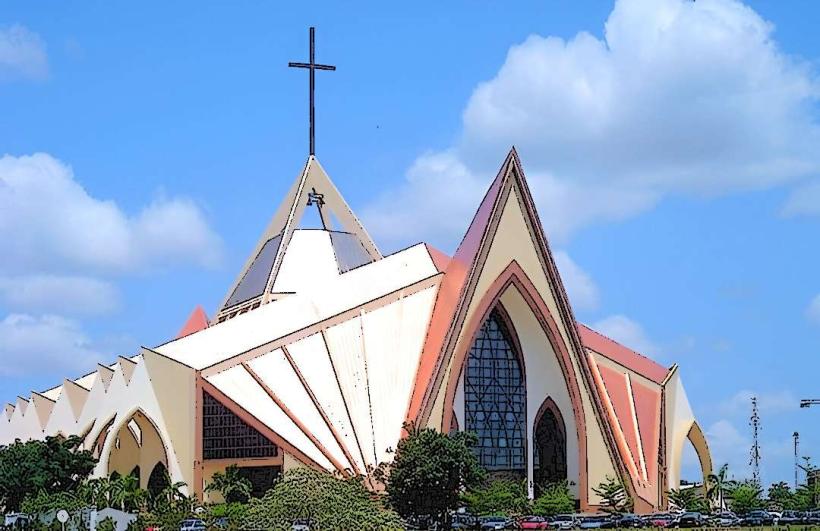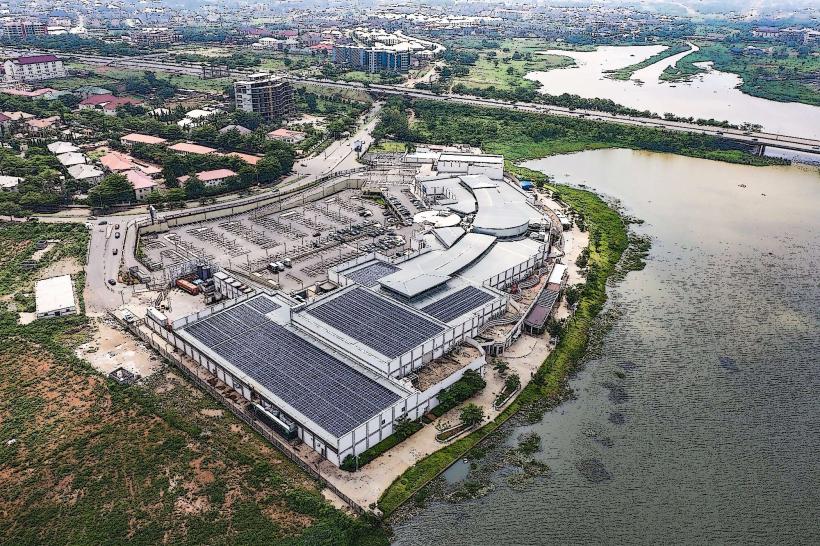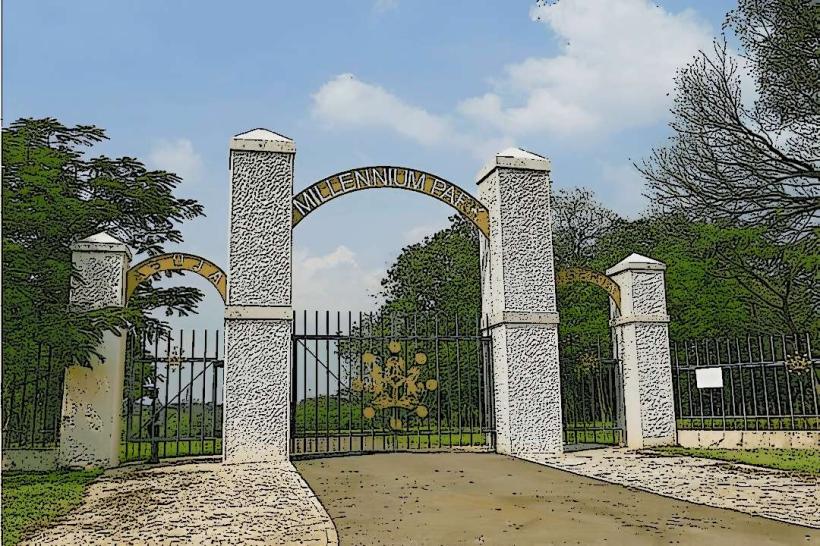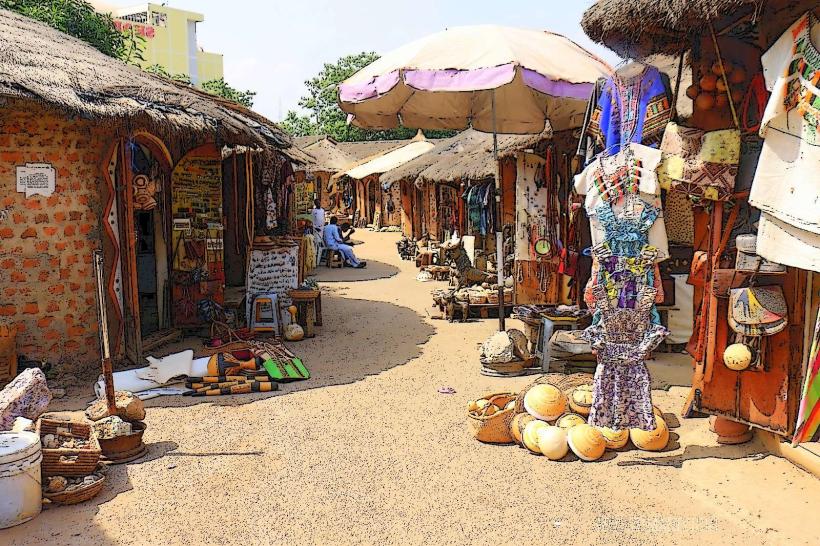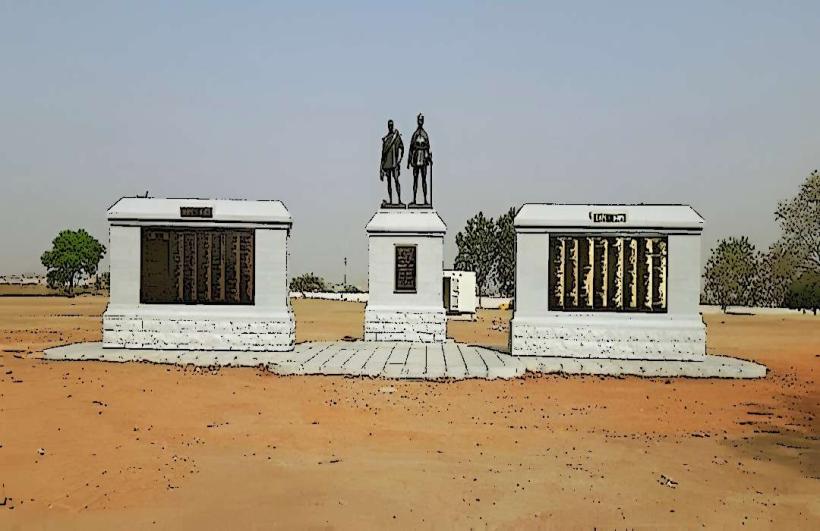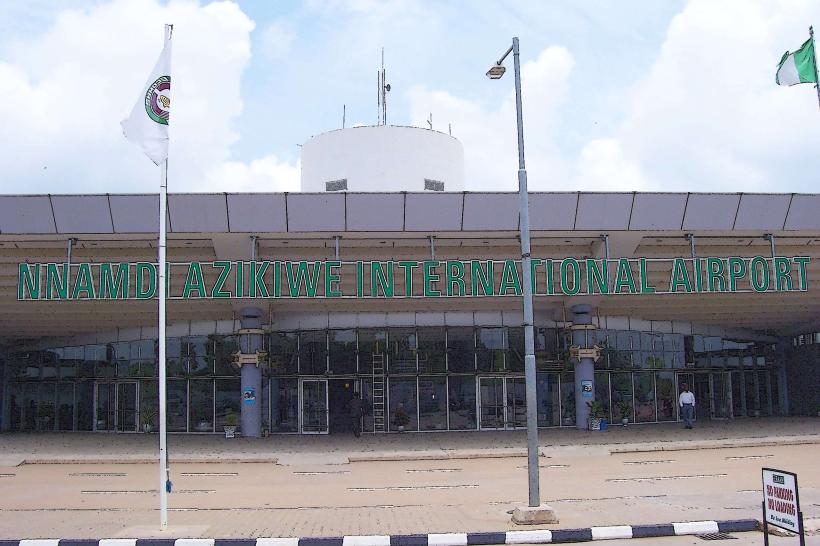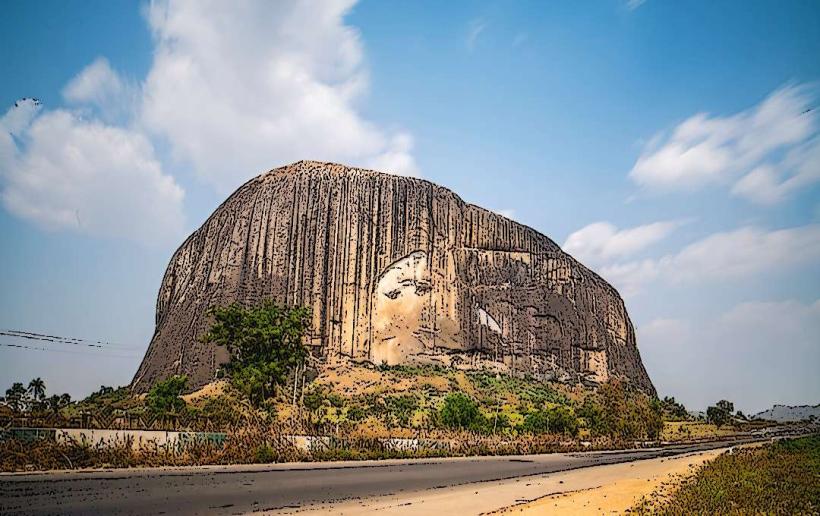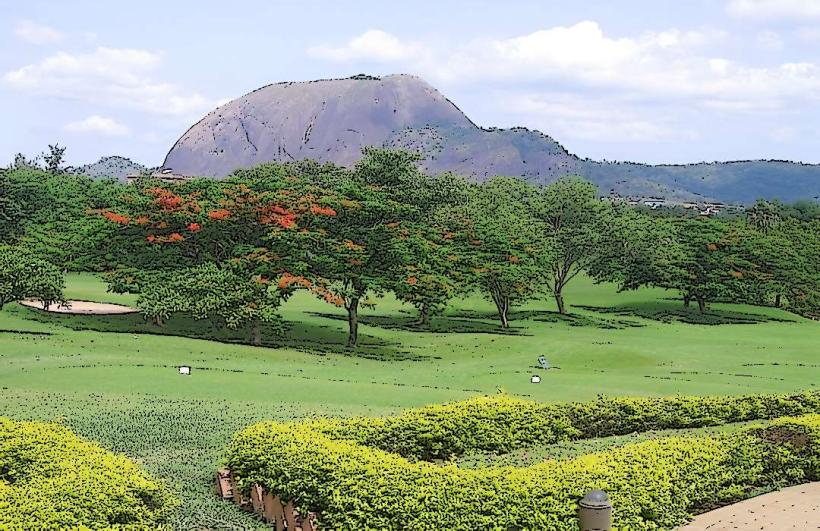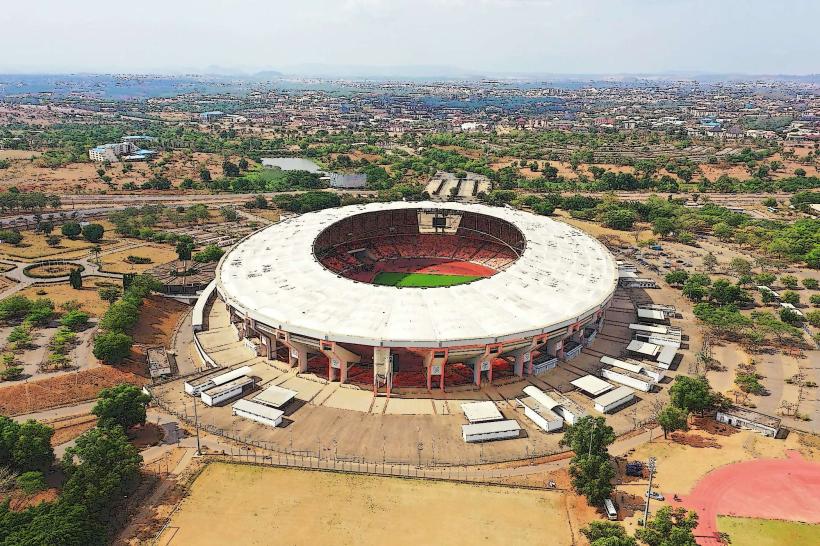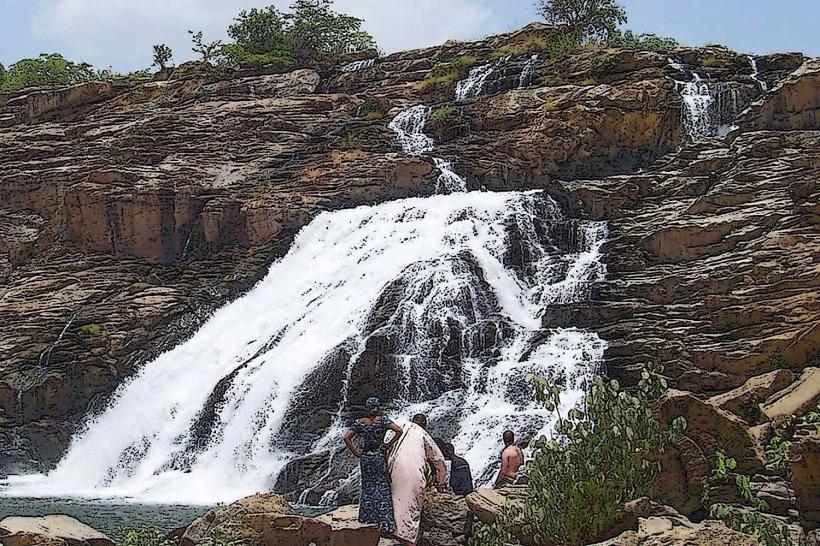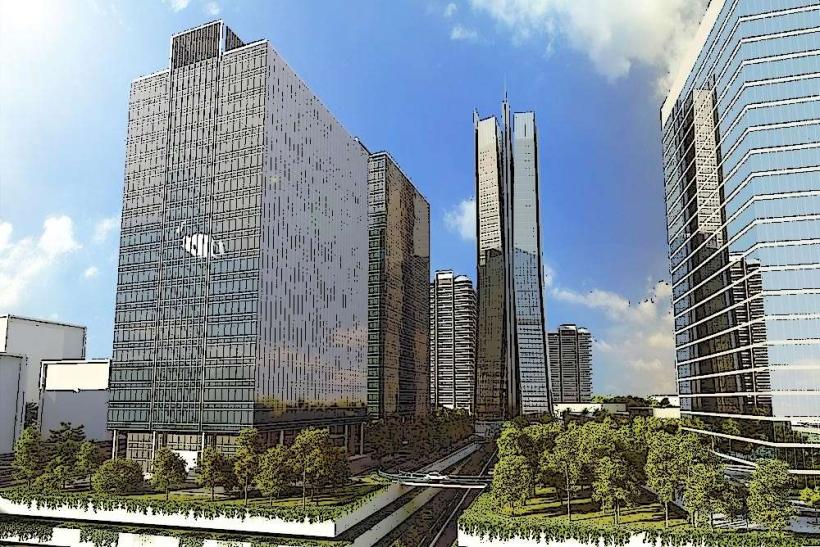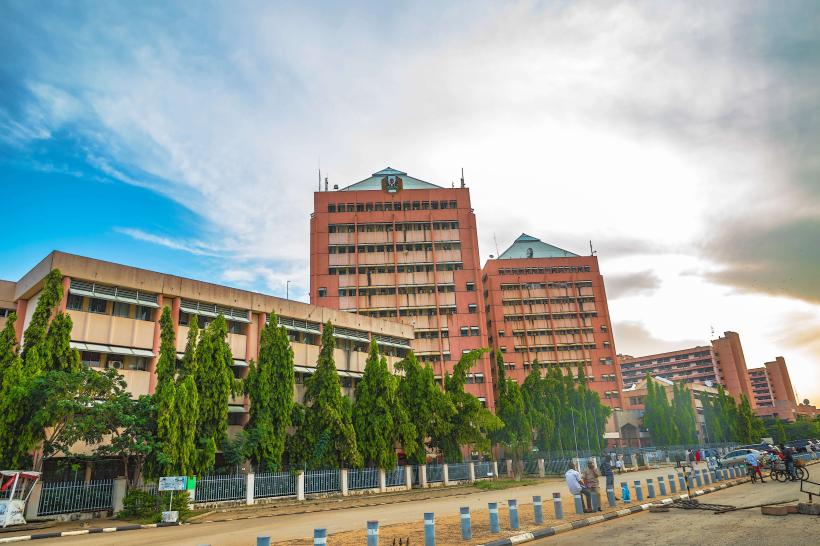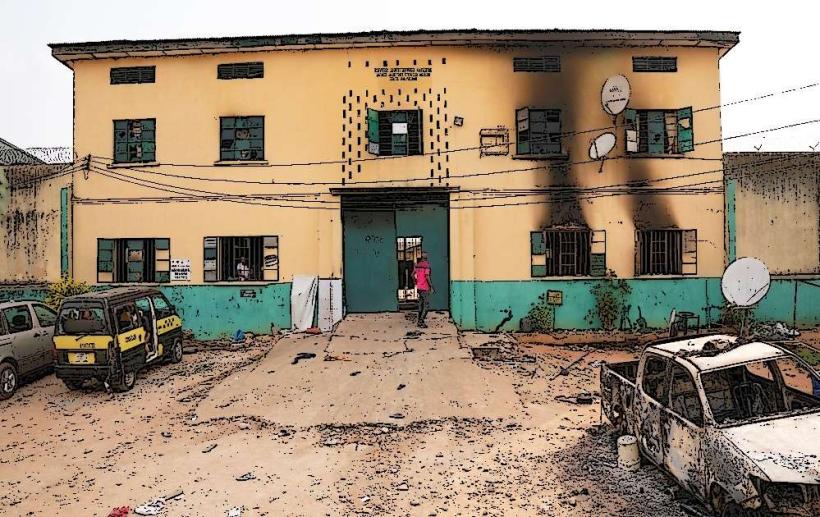Information
City: AbujaCountry: Nigeria
Continent: Africa
Abuja, Nigeria, Africa
Abuja serves as the political and administrative heart of Nigeria, functioning as the purposeful seat of the federal government and its various diplomatic missions. It is centrally located within the Federal Capital Territory (FCT), strategically positioned at the geographic midpoint of the nation to symbolize national unity.
Historical Timeline
Abuja was officially founded in 1976 following the promulgation of Decree No. 6, which initiated the relocation of the capital from Lagos. The primary eras of governance include the initial planning phase under the military administration of Murtala Mohammed (1976–1979) and the civilian execution phase under Shehu Shagari. The city was officially inaugurated as the capital on December 12, 1991. The primary event shaping its current urban form was the implementation of the 1979 Master Plan, designed by International Planning Associates (IPA), which utilized a "crescent" shape to wrap around the central hills.
Demographics & Population
The population within the Federal Capital City is approximately 1.7 million, while the broader metropolitan area is estimated at 4,392,000 as of 2026. The demographic composition is diverse due to its role as a neutral territory, though the three most prominent ethnic groups are the Gbagyi (the indigenous inhabitants), Hausa, and Yoruba. The median age is approximately 18.5 years, reflecting a highly youthful population.
Urban Layout & Key Districts
Abuja is organized into five distinct phases, with development radiating from the Central Business District (CBD). The city is physically defined by Aso Rock, a large monolith situated to the northeast. Key districts for visitors include the Central Area (the legislative and administrative core), Maitama (the primary diplomatic and high-end residential hub located North of the center), and Wuse (the commercial and transit node located Northwest of the center).
Top City Landmarks
Aso Rock (Monolith and Presidential Complex site)
Nigerian National Mosque (Central Area)
National Christian Centre (Central Area)
Zuma Rock (Located on the outskirts along the Kaduna-Abuja Expressway)
Millennium Park (Maitama)
Transportation Network
Internal movement is primarily conducted via private vehicles and an extensive road network of dual carriageways. The Abuja Light Rail connects the city center to the airport and suburban hubs. Ride-sharing is dominated by Bolt and Uber. Official taxis are identifiable by their green body and white stripes. Traffic density is significant at the city's entry points and within the Central Area during morning and evening rush hours.
Safety & "Red Zones"
Abuja is generally safer than other major Nigerian cities, but caution is required. Neighborhoods like Mabushi and the outskirts of Gwarinpa should be avoided at night due to increased crime risks. Scams involving "one-chance" taxis-where passengers are driven to remote areas and robbed-are reported; travelers are advised to use verified ride-sharing apps or hotel-arranged transport.
Digital & Financial Infrastructure
Average internet speeds range from 20 to 50 Mbps on 4G networks, with 5G available in central districts. Primary mobile carriers are MTN, Airtel, Globacom (Glo), and 9mobile. Card acceptance is high in hotels, supermarkets, and upscale restaurants via Point of Sale (POS) terminals. ATMs are widely available, though many have daily withdrawal limits for foreign cards.
Climate & Air Quality
Temperatures range from 20°C to 30°C during the rainy season (April–October) and 25°C to 40°C during the dry season (November–March). The monsoon peaks in August, bringing heavy afternoon downpours. Air quality decreases significantly during the Harmattan (December–February), when dust-laden winds from the Sahara reduce visibility and increase particulate matter levels.
Culture & Social Norms
Tipping is expected in service industries, typically around 5–10% of the bill. Handshakes are the standard greeting, often preceded by a verbal inquiry into one’s well-being. Dress codes are generally conservative, particularly in government buildings and religious sites. Alcohol is available in bars and hotels, but public intoxication is socially frowned upon, and smoking in public places is technically prohibited.
Accommodation Zones
Maitama: Recommended for high security, quiet streets, and proximity to embassies.
Wuse II: Recommended for walking access to restaurants, retail outlets, and nightlife.
Local Cost Index
1 Espresso: ₦4,500 ($3.00)
1 Standard Lunch: ₦12,000 ($8.00)
1 Metro/Bus Ticket: ₦1,500 ($1.00)
Nearby Day Trips
Gurara Waterfalls: 75 km (90 minutes)
Usuma Lower Dam: 25 km (35 minutes)
Jabi Lake: Within city limits (15 minutes from center)
Farin Ruwa Falls: 120 km (120 minutes)
Facts & Legends
Zuma Rock, the 725-meter monolith on the city’s perimeter, is famously depicted on the ₦100 note. Local legends among the Gbagyi and Zuba people claim the rock is the gateway to the afterlife and that the "face" visible in the rock’s natural contours watches over the city. It is often referred to as the "Monolith with a Human Face."

